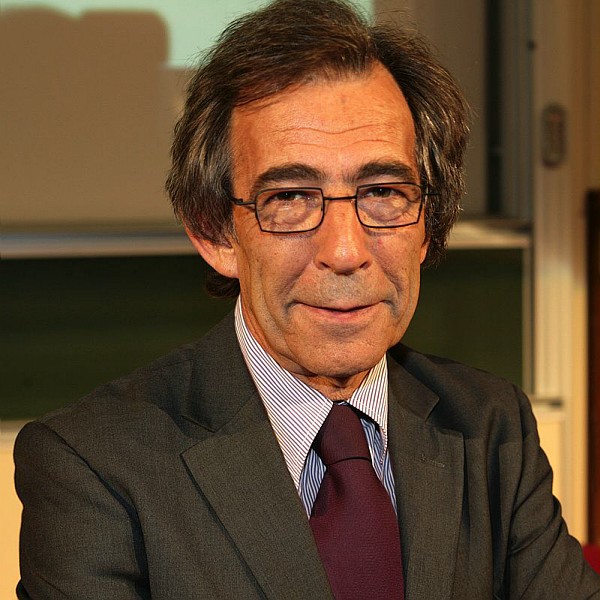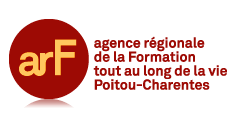 Vincent MERLE, expert de la formation professionnelle, président de l'Association nationale des Carif-Oref, est décédé subitement mardi 23 avril 2013 à l'age de 63 ans.
Vincent MERLE, expert de la formation professionnelle, président de l'Association nationale des Carif-Oref, est décédé subitement mardi 23 avril 2013 à l'age de 63 ans.
Professeur au Conservatoire national des métiers (Cnam), Vincent MERLE était aussi président d’
Aquitaine-Cap-Métiers (Carif Aquitaine) et depuis décembre 2011, président de l’Association nationale des Carif Oref. Il venait d'être nommé co-président du conseil scientifique de l'Association nationale pour la formation professionnelle des adultes (Afpa), en janvier 2013. Ancien directeur de cabinet de la secrétaire d’Etat à la Formation professionnelle Nicole PERY (gouvernement de Lionel JOSPIN), il a contribué à la création de la validation des acquis de l’expérience (VAE) mise en place en 2002. Dans un
communiqué, Michel SAPIN lui rend hommage.
 Décès de Vincent Merle
Décès de Vincent Merle Nous avons appris le décès de Vincent Merle des suites d’un malaise cardiaque. Professeur du CNAM, il était Président d'Aquitaine Cap Métiers (Carif de la région Aquitaine) et Président de la nouvelle association du Réseau des Carif-Oref.
Expert de la formation professionnelle, il a enseigné sur les thématiques de la gestion par les compétences dans les entreprises, la construction des parcours de progression professionnelle, la certification et la VAE.
Il a consacré de nombreuses années à des travaux d’études sur l’emploi et la formation au sein de différents organismes tels que l’ANPE, le Commissariat général au Plan ou le CEREQ. Il a été, de 1998 à 2002, le directeur de Cabinet de Nicole Péry, secrétaire d’Etat aux droits des femmes et à la formation professionnelle où il avait contribué à la création de la VAE.
Dans un
communiqué Michel Sapin salue "son expérience, sa clairvoyance, et son esprit d’innovation qui nous manqueront pour construire la réforme à venir" de la formation professionnelle.
Voir aussi sur le blog Une disparition brutale… Vincent MERLE, Disparition de Vincent Merle.
 Vincent MERLE, oiliúint saineolaí, uachtarán ar an Cumann Náisiúnta na Carif-OREF , a fuair bás go tobann DÉ MÁIRT, 23 Aibreán, 2013 ag aois 63 bliain.
Vincent MERLE, oiliúint saineolaí, uachtarán ar an Cumann Náisiúnta na Carif-OREF , a fuair bás go tobann DÉ MÁIRT, 23 Aibreán, 2013 ag aois 63 bliain.
An tOllamh ag Ardscoil Náisiúnta na ceirdeanna (CNAM), bhí Vincent MERLE freisin uachtarán 's Aquitaine Cape Ceirdeanna (Carif Aquitaine) agus i mí na Nollag 2011, Uachtarán Chumann Náisiúnta na Carif OREF. Níos mó... By Suvendrini Kakuchi. It is bitterly ironic – Japan has the third largest economy in the world and is a leading exporter, but fails badly when it comes to international education.
By Suvendrini Kakuchi. It is bitterly ironic – Japan has the third largest economy in the world and is a leading exporter, but fails badly when it comes to international education.



/https%3A%2F%2Fprofilepics.canalblog.com%2Fprofilepics%2F1%2F0%2F1076071.jpg)